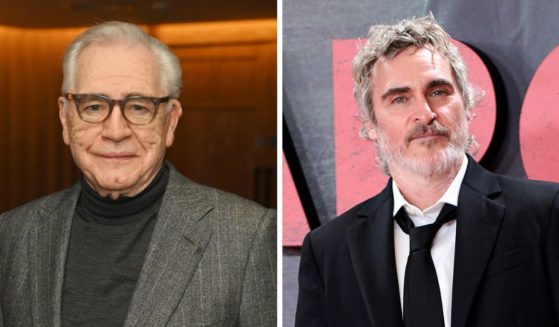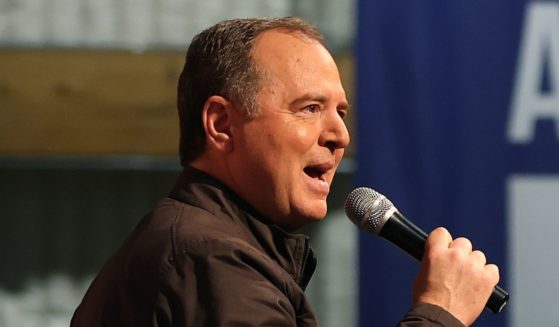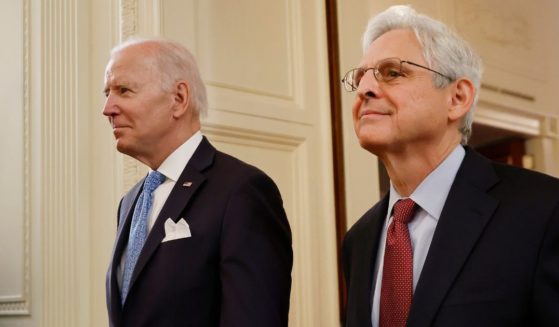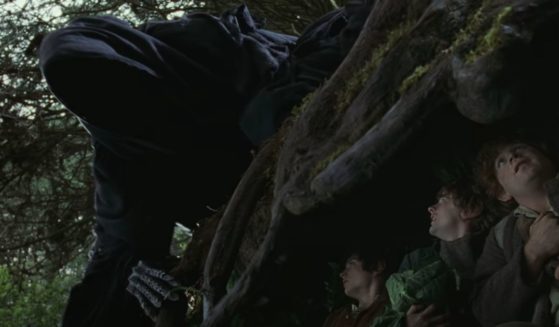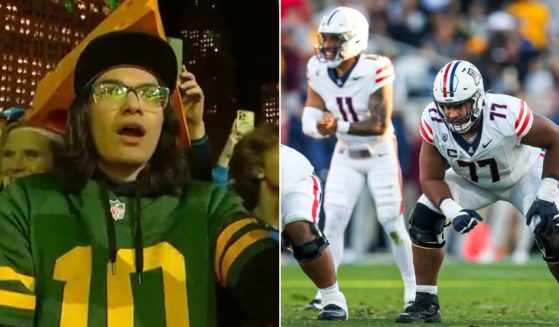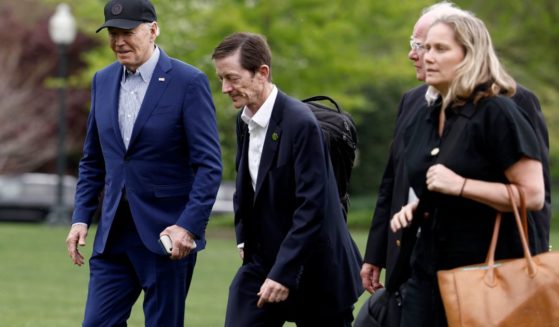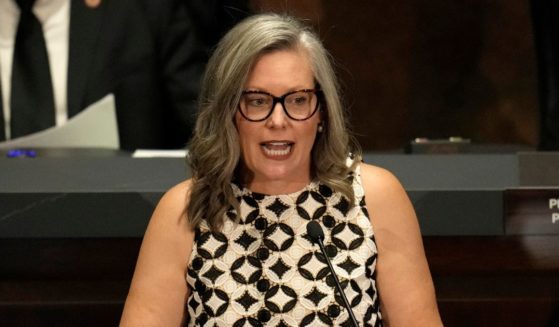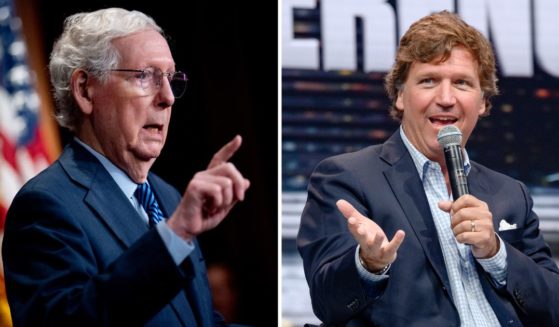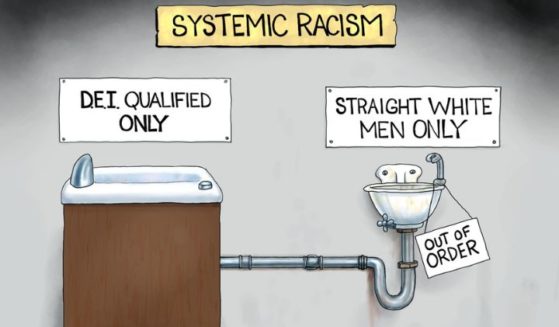Top NFL reporter shredded as a 'limousine liberal' by Fox Sports personality
While it may never compare with Yankees-Red Sox or North Carolina-Duke, there is a simmering rivalry brewing between Fox Sports 1 and NBC Sports.
Specifically, FS1’s outspoken pundit Jason Whitlock and NBC’s top football reporter Mike Florio have engaged in a war of words that has quickly escalated.
The spat actually started on a show that neither Whitlock nor Florio is directly a part of. While Whitlock can make the occasional guest appearance, this whole ordeal started on an episode of FS1’s “Undisputed.”
NFL legend Ray Lewis visited the set and began discussing the ongoing issues with New York Giants star Odell Beckham Jr. with co-hosts Skip Bayless and Shannon Sharpe.
"I look at Odell as a son of mine, so am I hurt? Absolutely. Why wouldn't I be hurt?"@raylewis explains his comments regarding Odell Beckham Jr. pic.twitter.com/QOxVZkYvzy
— UNDISPUTED (@undisputed) April 10, 2018
A big part of Lewis’ screed against Beckham involved his faith and relationship with God. The former Baltimore Raven was unafraid of broaching the sensitive topic of religion when it came to Beckham.
“Where there’s no God there’s chaos. Odell has removed God from his life. This is a kid that grew up under the covenant of who God really is. And everything that he’s doing, he’s crying out for help,” Lewis said.
Apparently, Lewis’ comments and FS1’s behavior in general didn’t sit well with Florio, who penned a 450-word essay on them. He ripped Lewis and FS1 for sensationalizing and co-opting Beckham’s off-the-field issues to drive ratings. Florio also went after FS1 for supposedly injecting God and religion into the subject of Beckham solely to create controversy and headlines.
Florio accused FS1 and Lewis of mastering “the ‘say something outlandish and keep talking about it’ trick.“
In fairness to both Lewis and FS1, driving ratings is exactly what they should be trying to do considering that FS1 is a television network and a business.
Florio’s comments did not sit well with another FS1 personality, Whitlock, and sparked a diatribe on Twitter.
https://twitter.com/WhitlockJason/status/983824341446967296
First, Whitlock tore into Florio, who is white, for trying to stop an older black man from providing valuable guidance to a younger black man.
He then called Florio a “Limousine Liberal,” a pejorative term originally referring to someone who claims to care about wage inequality and yet gets driven around in a limo. Whitlock also called Florio’s rhetoric “crap” and labeled him a social justice warrior.
Whitlock also took an interesting stance about religion and politics intersecting with sports. He argued that the narrative Florio was pushing was designed to separate black men from religion.
https://twitter.com/WhitlockJason/status/983827523367653376
Unfortunately, most of this rivalry has been extremely one-sided. Florio has not commented or responded to Whitlock’s strong remarks as of publication.
Truth and Accuracy
We are committed to truth and accuracy in all of our journalism. Read our editorial standards.

